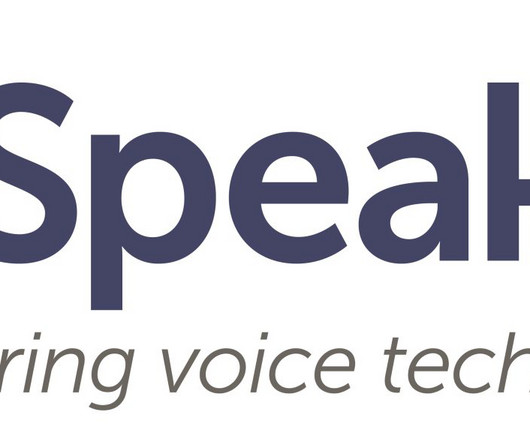Metacognition in 10 points
KnowledgeOne
OCTOBER 13, 2022
For Flavell, metacognition “refers to one’s knowledge concerning one’s own cognitive processes or anything related to them. “Cognition” refers to all the processes related to our mental faculties: attention, reasoning, memorization, conceptualization, etc. Are we really good at multitasking?






















Let's personalize your content